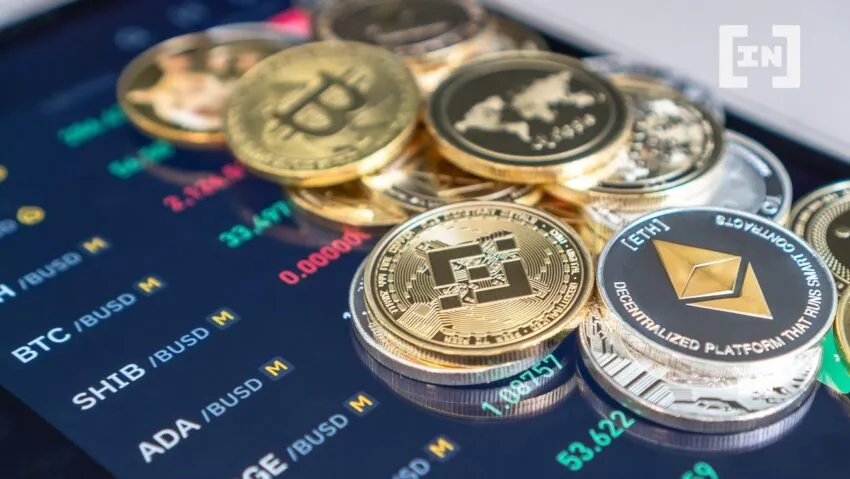
Indian Finance Minister Nirmala Sitharaman has called for global cooperation on cryptocurrencies, assessing their pros and cons to create a common standard and classification.
Addressing a question on cryptocurrencies in the Lok Sabha, the lower house of the Indian Parliament, Sitharaman said that the Indian central bank had advised the government to ban the use of cryptocurrencies as it poses a risk to financial stability. However, the government is looking for a global outlook. He said:
“Any law for regulation or restriction can be effective only after significant international cooperation on the assessment of risks and benefits and the development of common classifications and standards.”
He also reiterated that the Indian central bank’s stance on the value of crypto is based on speculation. He added that “the value of fiat currencies depends on monetary policy and their status as fiat currency. However, the value of cryptocurrencies depends entirely on speculation and expectations of high returns that are not anchored well. “
The Reserve Bank of India (RBI), the Indian central bank, has maintained an anti-crypto stance since 2013, issuing several advisories against investing in digital assets and even asking banks to provide services to crypto firms in 2018. prevents from The banking ban was eventually reversed. After the Supreme Court’s decision in 2020.
While the Indian government has yet to decide whether to go ahead with the ban or regulate the nascent crypto sector, the government was relatively quick to propose and implement two crypto tax laws that have put a strain on the budding crypto industry. Wrecked havoc.
related: Regulatory implications of India’s crypto transaction tax
During the January parliamentary session, the finance minister announced 30% tax on unrealized profits and 1% tax deduction at source (TDS). The laws were heavily inspired by the country’s gambling and betting laws, resulting in an immediate drop in trading volume on exchanges just weeks after the new 30% tax was implemented.
Trading volumes and trader interest have further declined after the 1% TDS was implemented on July 1. Many affluent crypto unicorns anticipating a positive regulatory outlook have begun to move their bases to crypto-friendly legislation, such as Dubai and Singapore.

















